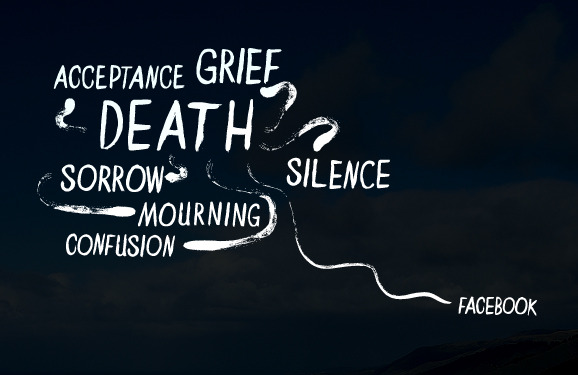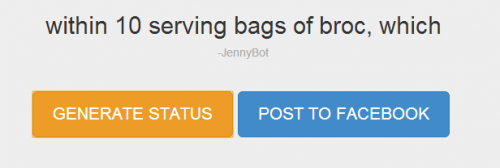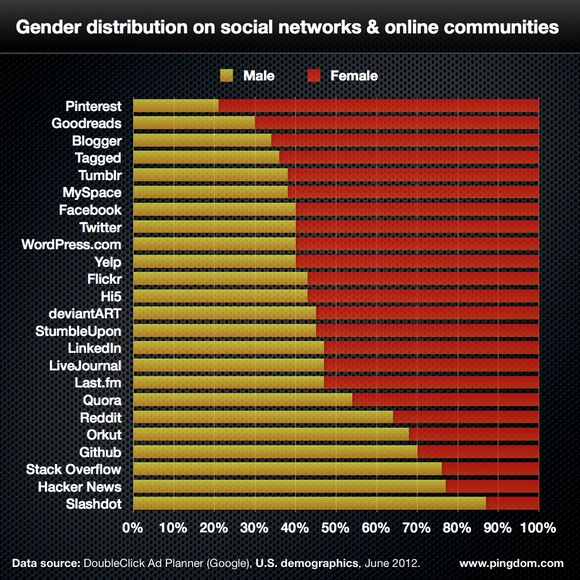
This is the second in a series of autobiographical accounts by Cyborgology writers of our early personal interactions with technology. Half autoethnography, half unrepentant nostalgia trip, this series looks at what technologies had an impression on us, which ones were remarkably unremarkable, and what this might say about our present outlook on digitality. Part 1 can be found here.
In order to understand my relationship with computers, you need to understand that I have terrible handwriting.
Do not try to tell me that yours is worse. It isn’t. I promise. My bad handwriting is a combination of a number of different things both contemporary and historical, including an inability to hold a writing implement in a way that even approaches comfortable, impatience, the fact that I literally never learned to form letters “correctly”, and probably some neurological stuff that goes formally undiagnosed. I don’t just write illegibly, I write illiterately: I skip letters, I place them out of order in words, I can’t space or block sentences. I completely abandon rhyme or reason when it comes to capitalization (my punctuation is impeccable, though). I’m not dyslexic, not that we’ve ever been able to determine, though again, there probably is something going on there. I just… can’t write by hand. At all.
And I’m a writer.








